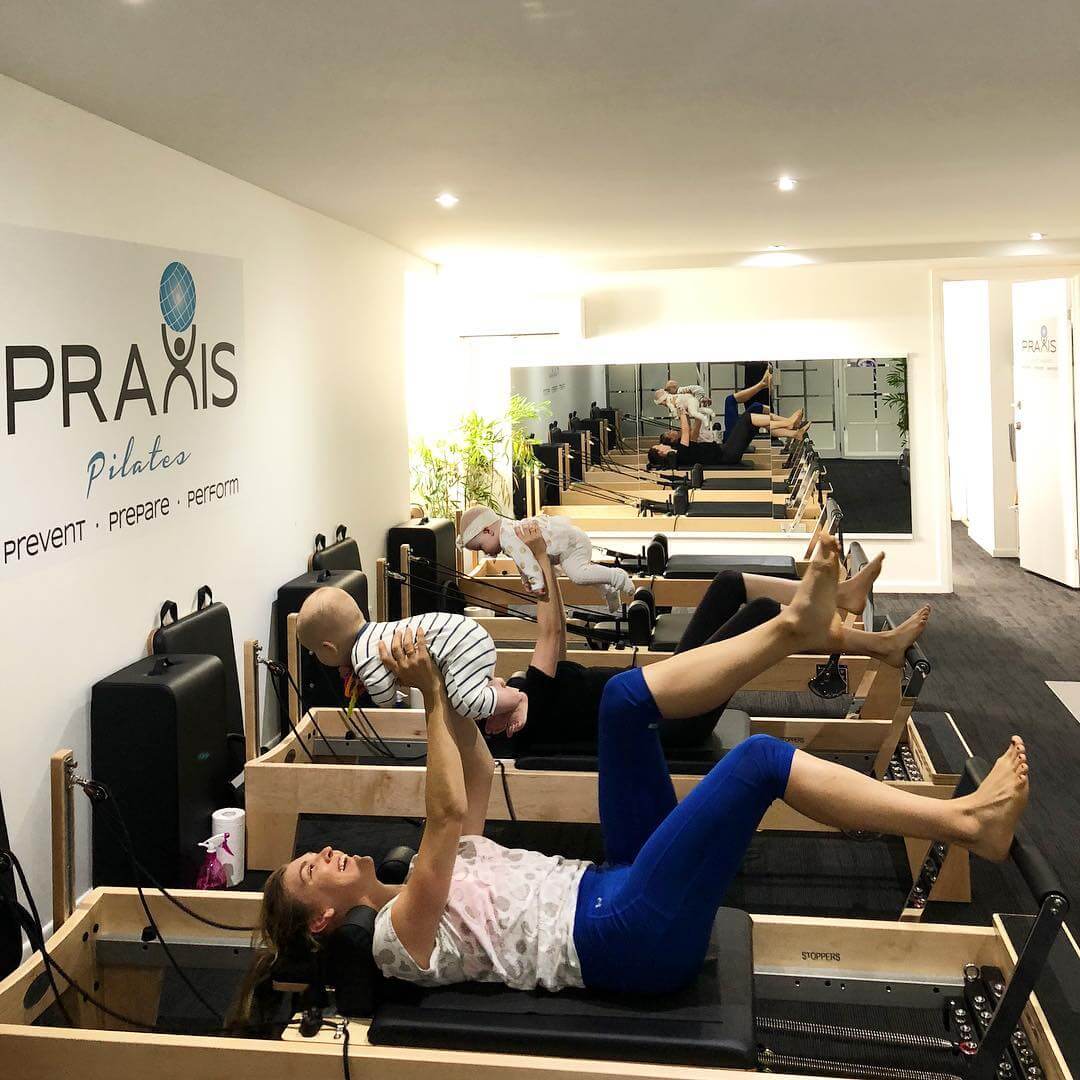SUMMARY:
- Private Health Rebates don’t apply for Pilates after the 1st of April
- After April 1, Members can still claim private health for Pilates when classes are lead by a physio
- The term “Clinical Pilates” will be replaced with “Physiotherapy Exercise Sessions”
- To understand the difference between Reformer Pilates and Physiotherapy Exercise Sessions (formerly Clinical Pilates)
- Physiotherapy and Remedial Massage reman as is


From April 2019, private health insurance will no longer cover a number of natural therapies, including pilates. These changes were announced by Health Minister Greg Hunt late last year. This move comes after a recent review by the Commonwealth Chief Medical Officer found there was no clear evidence of the efficacy of several therapies including homeopathy, iridology, kinesiology, naturopathy, reflexology, shiatsu, tai chi, and yoga.
However, the Australia Physiotherapy Association (APA) has won a hard fought battle ensuring Pilates exercises prescribed by physiotherapists as part of an individualised program will continue to receive rebates in one-on-one, group and class settings. Great news for all of you who are already using our Pilates at Praxis!
The Department of Health has just released its final clarification on the Rules governing its Private Health Insurance (PHI) reforms and agreed with our position that the use of exercises drawn from Pilates are acceptable and within the scope of physiotherapy practice.
Pilates-only sessions will no longer be funded as of 1 April 2019. The reform of natural therapies was designed to eliminate rebates for non evidence-based therapies, and not intended to impact physiotherapy.
However, there are some things that will change! These include:
Advertising and Promotion
Advertising and promotion of sessions must reflect the fact that they are physiotherapy exercise sessions, not Pilates.
Scheduled physiotherapy exercise classes advertised or promoted as Pilates—in material such as timetables, pamphlets and online—cannot lawfully receive rebates.
This Rule does not affect other types of marketing material such as our business name, practice signage and branding. It’s perfectly acceptable for us to incorporate the word Pilates in our branding, and in fact to offer Pilates-only classes that do not attract rebates.
However, sessions eligible for rebates by private insurers cannot consist solely of Pilates and therefore cannot be called Pilates in any timetables, promotion or advertising. We must therefore use the term “Physiotherapy Exercise Sessions” when referring to what once was coined, Clinical Pilates.
Private Health Insurance (PHI) compliance
The key to PHI compliance is the basic foundations of individualised assessment, follow up and record keeping that should already underpin our clinical pilates practice. To comply with current PHI requirements, physiotherapists must create:
- Individualised assessment of patients in one-on-one, group sessions and classes.
- A program of exercised-based interventions specific to the patient. In group sessions this includes adjusting the group program for individuals as required. In both groups and classes, the exercises should address a current health problem.
- High quality clinical notes that reflect physiotherapy practice.
So, there you have it. There are some sweeping changes coming to this space which we think are a good thing. Changing coverage for the excluded natural therapies will ensure taxpayer funds are spent appropriately and are not directed to therapies that do not demonstrate evidence of clinical efficacy. Changing coverage for the excluded natural therapies will remove costs from the system and contribute to reducing private health insurance premium growth.
If you have any questions, please don’t hesitate to contact us or your Private Health insurer or alternatively the governments own website.
Until next time… Prevent. Prepare. Perform.
Team Praxis.
